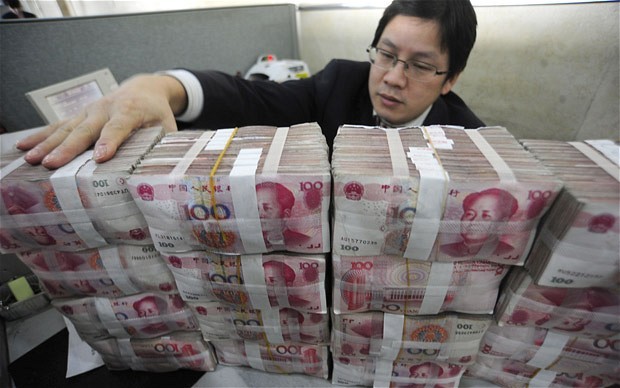What China’s Central Bank Policy Will Mean For Investors
The People’s Bank of China is often called ‘tiger mum’ among traders and journalists. On Tuesday, the bank proved the nomenclature correct by increasing interest rates on medium term lending. This move came after the central bank eased norms for various state banks for maintaining better liquidity. Such contradictory moves have shocked many forex traders who feel that such an increase in interest rates right before the holiday season could hamper demand- which is expected to be higher than previous years.

What has happened?
The one year interest rates for medium term lending were increased on Tuesday by PBOC from 3 percent to 3.1 percent. Even the six-month interest rates were raised to 2.95 percent from 2.85 percent. Though this is only a moderate change with 10 bps increase, the aftermath can affect holiday season spending. In February 2016, MLF interest rates were adjusted by PBOC when the six month and one year term rates were lowered. China has not had a very stringent policy tightening in place since 2011.
What is the fuss about?
China’s Central Bank Policy has been sending clear messages of a tight monetary policy and this move is a manifestation of the same. It was essential to ensure that the market has sufficient liquidity so banks took a sweet pill from the PBOC. However, it was essential not to make lending very easy for the banks without affecting liquidity. Hence, this move proves that monetary micromanagement by the PBOC is now a reality in China. Deng Haiqing, Chief Economist at JZ Securities said ‘China’s monetary policy is turning from one of implicit tightening to one that is explicit’.
It’s important to note that the move could also be response to Fed rate hikes expected in 2017. Janet Yellen, Chairwoman of the US Federal Reserve, has already hinted towards a rate hike in the future. If China does not hike interest rates now, investors can pursue US for better returns. However, the bank cannot exercise too much control as it may harm the Chinese economy already struggling with debt.
Controlling Credit
The move is targeted towards controlling credit in the economy. More debt saturation will signal trouble for the economy. Therefore, policymakers are looking forward to discourage borrowing but do not wish to let the investors flee to US. Hence, the changes have been made to six month and one year lending rates to keep the money within China. Remember, China introduced long tenor open market funding operations only last year and sought stringer reporting for overseas cash transfers.
Prominent academics and economists have already voiced their concerns for the state of the Chinese economy and Yuan. Zhu Ning, reputed economist and finance professor at the Tsinghua University, have called for the policymakers to let the Yuan fall and not focus on the use of foreign exchange reserve to sustain Yuan any further.
It is highly likely that the Chinese economy will be tightened further. Though there could be a few issues with the holiday season, the Chinese outlook towards money management looks positive as of now.



